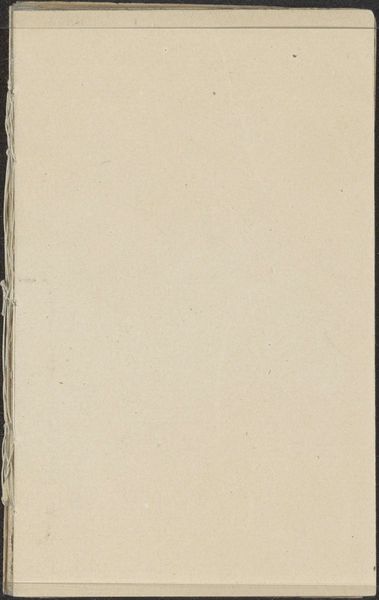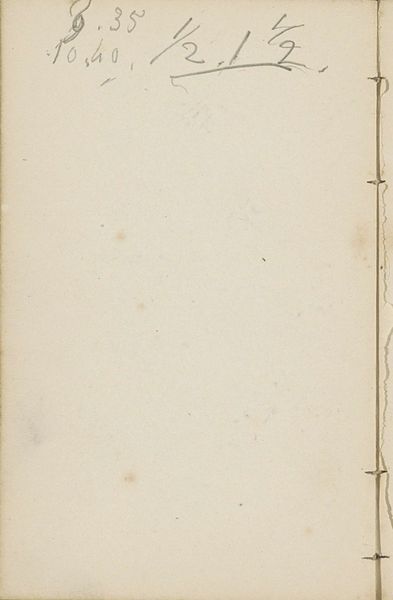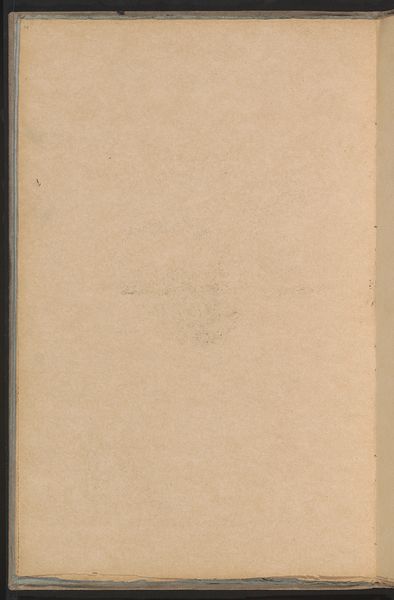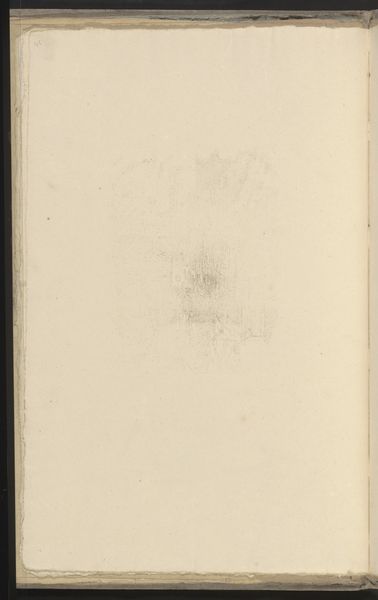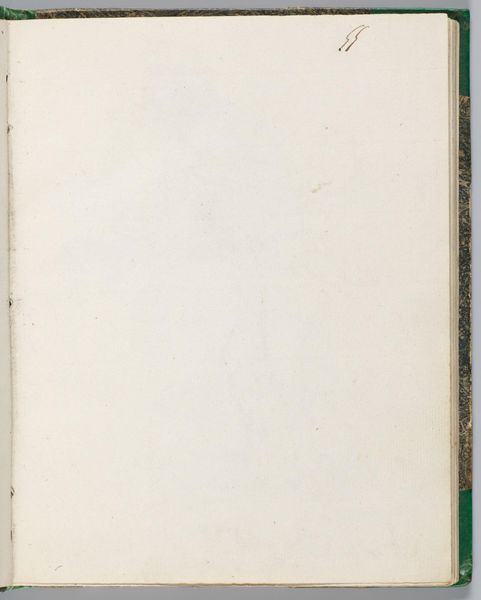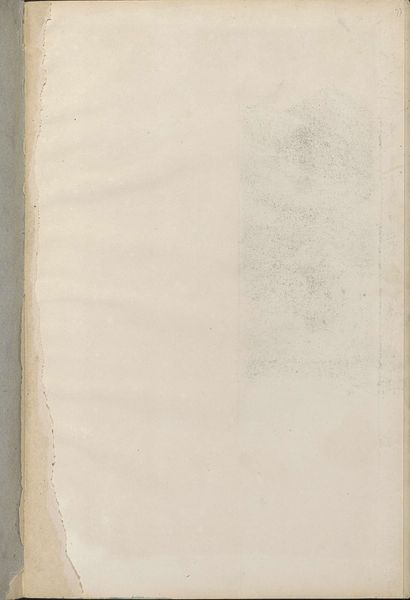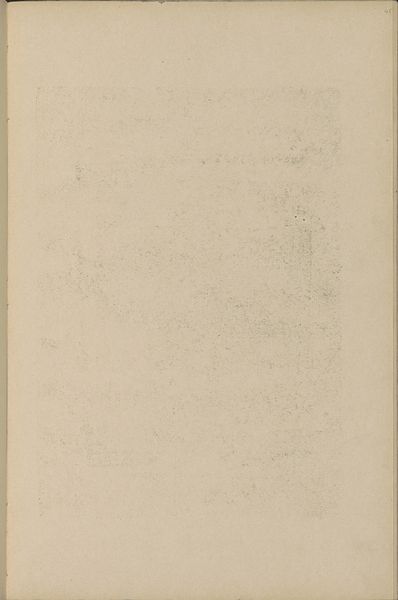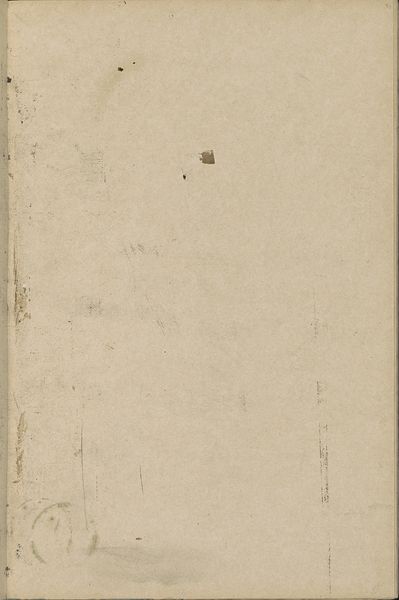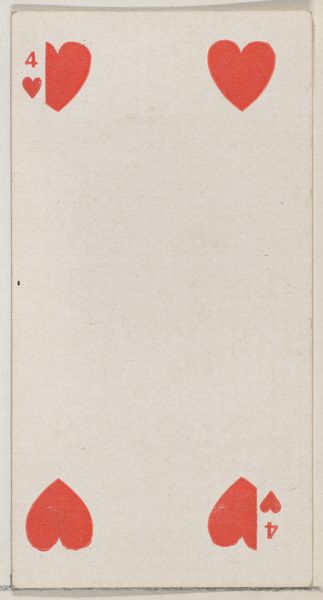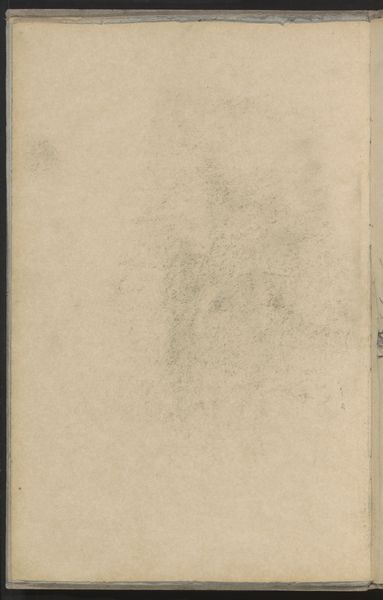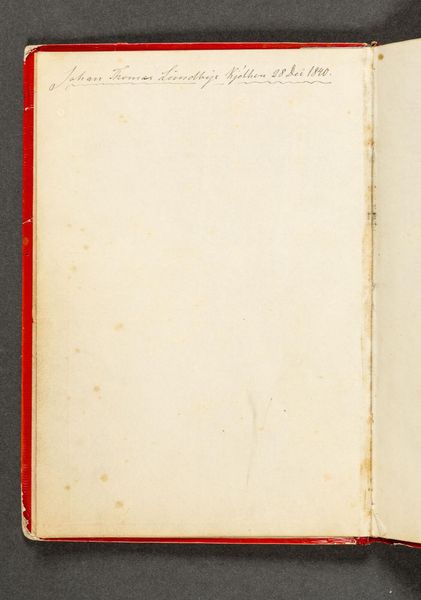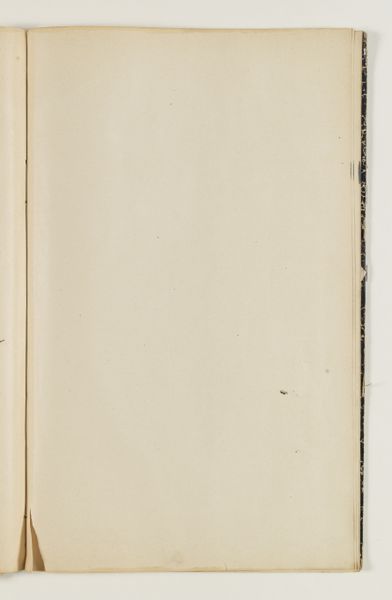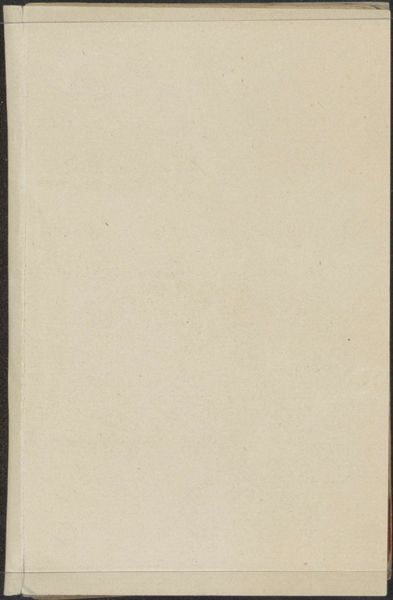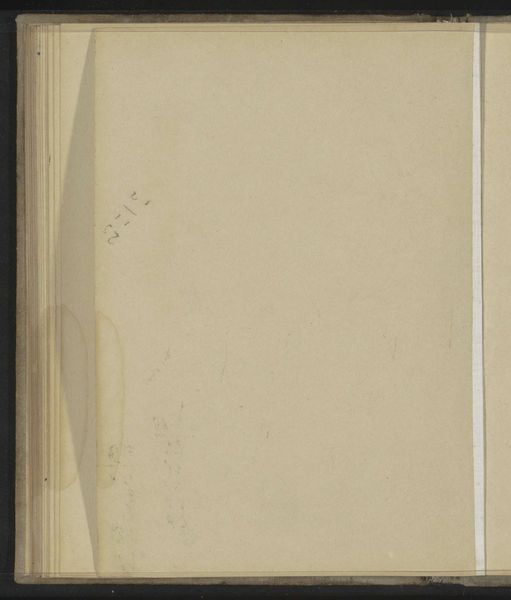
drawing, paper, ink
#
portrait
#
drawing
#
aged paper
#
hand written
#
hand-lettering
#
dutch-golden-age
#
hand drawn type
#
hand lettering
#
paper
#
personal sketchbook
#
ink
#
hand-drawn typeface
#
fading type
#
sketchbook drawing
#
academic-art
#
sketchbook art
Copyright: Rijks Museum: Open Domain
Editor: Here we have George Hendrik Breitner’s "Annotaties," a page from what seems to be a sketchbook, created around 1915 or 1916, using ink on paper. There's something incredibly intimate about seeing this – like a glimpse into the artist's private thoughts. How would you interpret this page? Curator: The beauty here lies in the raw, unfiltered process. Consider the materiality of the page itself - the paper, aged and subtly stained. Breitner wasn't creating "high art" here, he was using readily available materials, scraps even. How does this casualness challenge our traditional views of artistic practice? Editor: I see what you mean. It makes me think about accessibility, the artist just jotting things down with simple ink. Does the accessibility of materials influence our appreciation? Curator: Absolutely. The availability and cost of materials directly shape what art gets made and by whom. The labor involved, the production of ink and paper, and Breitner’s choice to use them in such a casual manner are key here. Was this made for consumption, for a patron, or only for himself? Editor: That makes a lot of sense. It shifts the focus from the finished product to the conditions in which the art was created. Is that handwritten script part of it? Curator: Yes. Note the act of hand-lettering. How does this resist the uniformity of printed text, adding another layer of hand-made process to the piece? Does it invite you into the artist’s world of sketches, notes and doodles in ways a clean type font never could? Editor: I see. It feels less like a formal statement and more like... thinking aloud. Thanks, this has given me a completely new perspective on looking at sketches. Curator: And seeing the everyday processes behind great art makes art less aloof, more accessible. Perhaps it inspires new generations to create, unencumbered by the pressures of perfection.
Comments
No comments
Be the first to comment and join the conversation on the ultimate creative platform.
